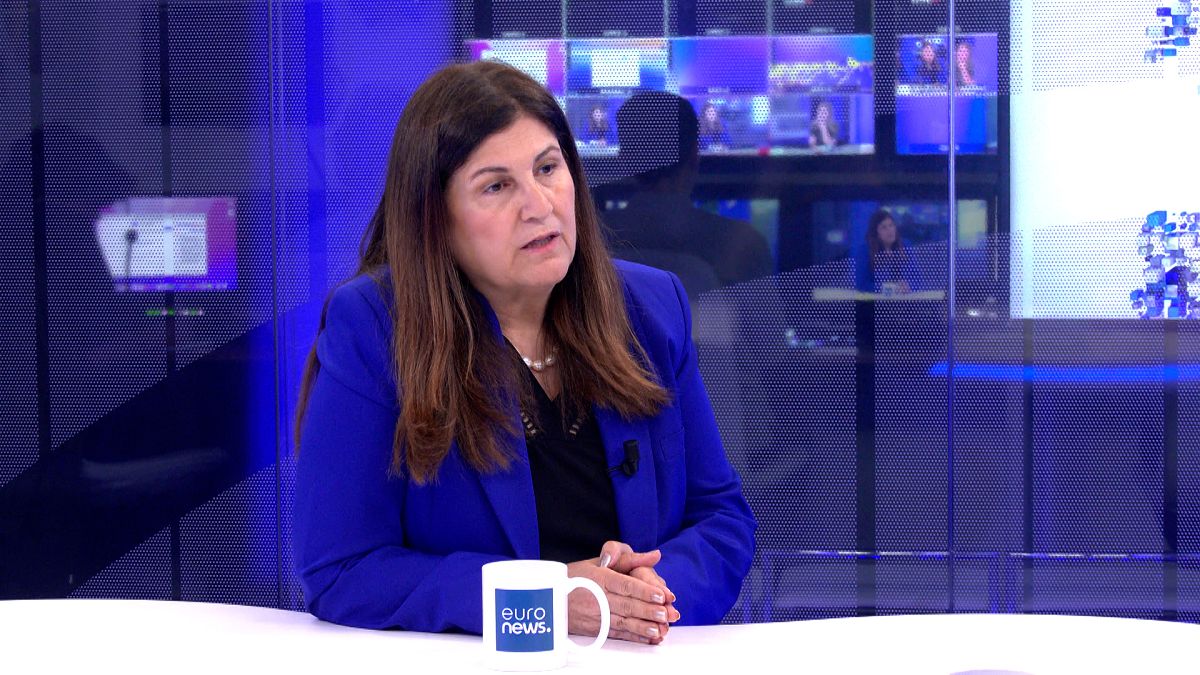

The landscape of international diplomacy is currently witnessing significant developments in two separate, yet impactful, situations. These are reflective of broader issues concerning international responsibility and historical acknowledgment, as well as current humanitarian needs. Let’s delve into these stories with clarity and calm consideration.
In a heartfelt call to the European Union, the Palestinian Minister for Foreign Affairs has expressed significant disappointment regarding the EU’s response to ongoing tensions between Israel and Gaza. As reports have highlighted, the Palestinian minister emphasized the need for the EU to impose sanctions on Israel, citing violations occurring within Gaza and the West Bank that contradict the EU’s own rules and values. Despite an agreement facilitated by the EU to enhance aid deliveries into Gaza, profound challenges remain as civilians continue to face grave risks, including fatalities, while attempting to secure basic necessities like food.
This appeal by the Palestinian authority underscores an urgent humanitarian and ethical dimension, urging the EU to reassess its policies and actions in light of its commitments to uphold human rights. This situation calls for an introspective examination of how international alliances and policies can be balanced against ethical obligations and humanitarian imperatives. Such a discourse could lead to more adept mechanisms for safeguarding civilians, ensuring their access to vital resources, and addressing the humanitarian issues that persist.
In a separate matter of international resonance, the French government has signaled a willingness to engage in dialogue regarding the colonial past in Niger. While France has opened the door to discussions about potential reparations for colonial massacres, it has yet to formally acknowledge responsibility. This ongoing dialogue signals a step towards addressing historical grievances linked to colonial rule, where French troops, in their expansionary campaigns, were involved in the destruction of villages and the looting of cultural treasures in Niger over a century ago.
The gesture from France, as communicated by the office of its permanent representative to the United Nations, highlights an openness to bilateral dialogue with Niger. Additionally, France is willing to engage in collaborative efforts concerning provenance research and patrimonial cooperation. Such engagements are crucial in healing historical wounds and foster a constructive path forward for nations seeking to address their colonial legacies.
Both scenarios exemplify the intricate web of international relations where past actions, present responsibilities, and future commitments intertwine. The Palestinian plea for action and France’s willingness to discuss colonial-era wrongs both reflect pressing issues that resonate on the global stage, urging reflection, dialogue, and possible reconciliation.
These narratives of complex international relations compel stakeholders within the global community to engage with each other mindfully. They illuminate the need for equitable solutions that honor human dignity, address historical wrongs, and lay the groundwork for a more just future.
The unfolding developments offer an opportunity for the international community to pause and reflect on the principles that ought to guide their actions and policies. By engaging with these issues thoughtfully and constructively, there is potential for meaningful progress in establishing more compassionate and just frameworks of international diplomacy.
Source: {link}
